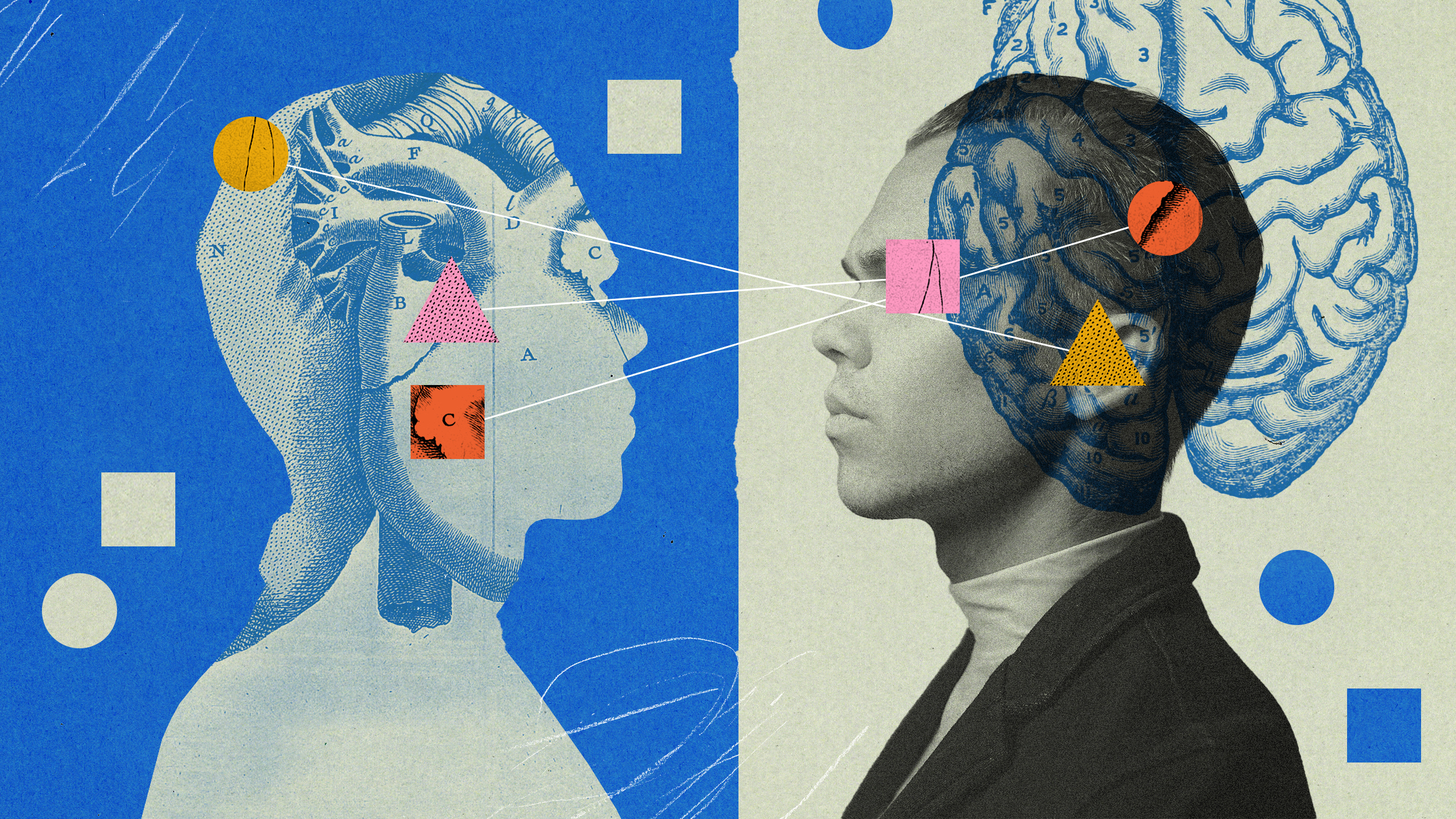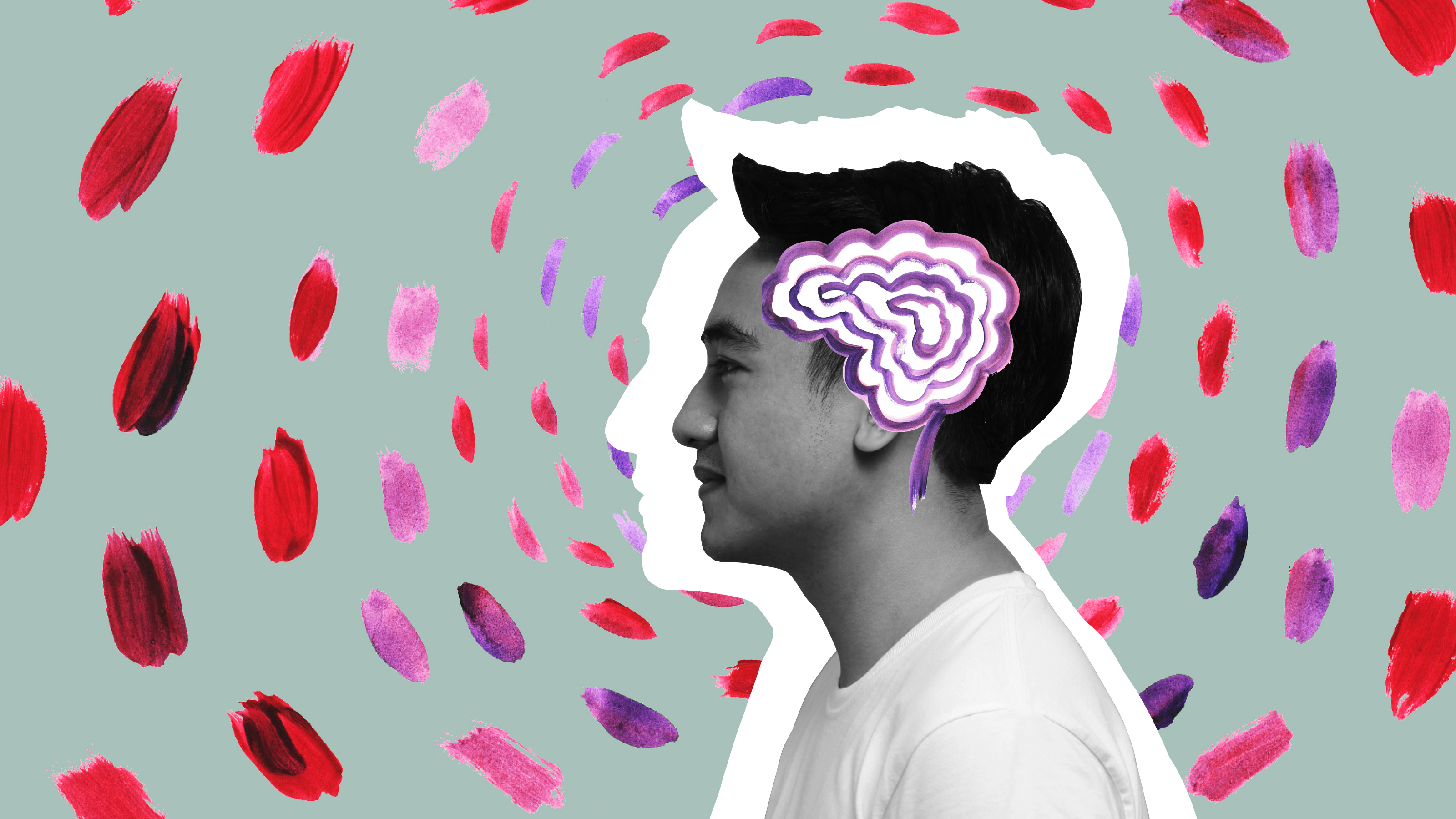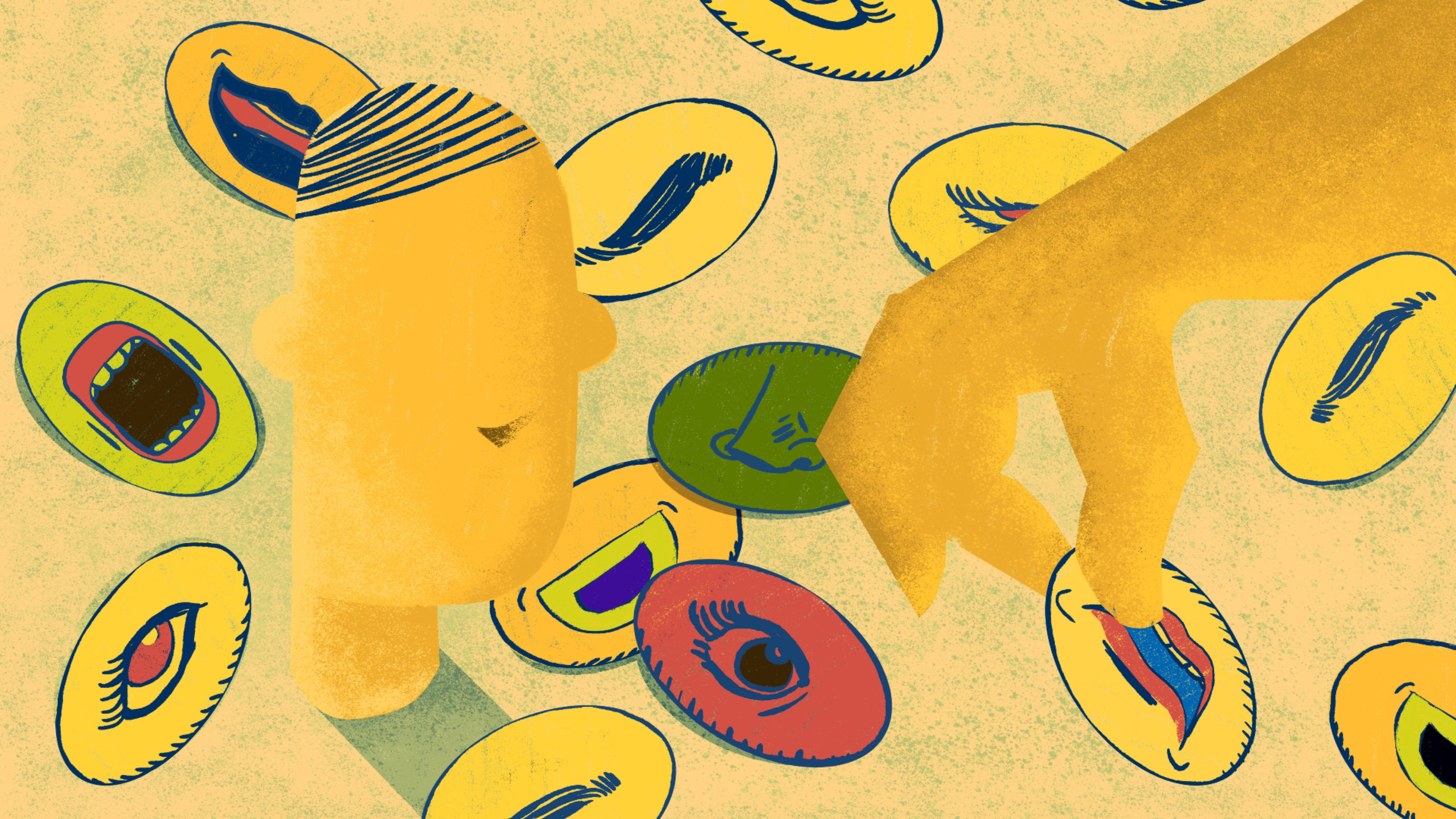“When it comes to leaders of organizations, they not only need to have some blend of intelligences themselves, but it’s very, very important for them to realize that not everybody who they work with is going to think the same way.”
Revered developmental psychologist Howard Gardner offers an informed take on the clearest path to efficiency and engagement in the workplace.
Howard Gardner: In any workplace now there are many different roles and there are many different ways in which people can fulfill those roles. And here’s where the idea of Multiple Intelligence is very helpful, because indeed some of the intelligences are quite cognitive, like linguistic and logical and mathematical. Others have to do with how you deal with other people — interpersonal intelligence. And of course some of the intelligences are very much tied to the nature of the work. If you’re in advertising, your musical intelligence or spatial intelligence are going to be very important because those are the media you use.
If I’m in a position of decision-making in the workplace, one of the things I would ask is in what way can this notion of Multiple Intelligences be helpful to me? One way is just getting to know the employees better. And to think about opportunities either at the workplace or extracurricular things outside of the workplace, which would be things that the person would like to do and enjoy doing.
People move if they don’t feel engaged. And there are many, many ways to engage people and it’s best if the work itself engages you. But it’s certainly better if you’re engaged by the workplace, the people who are there, the water cooler, and the opportunities than if you’re just seen as being smart or not so smart, which would be the pre-MI way of thinking of things.
Another thing is putting together teams. And I would use myself as an example. I put together research teams and I used to look for people who were just like me. And after a while, I thought, “That’s kind of stupid. One of me is enough.” And now I try to put together teams with students who are colleagues where they have complementary kinds of intelligences. And there’s huge amounts of evidence from other researchers that problems are more likely to be solved if you put together people who have different expertises rather than just putting together every person looking the same.
When it comes to leaders of organizations, they not only need to have some blend of intelligences themselves, but it’s very, very important for them to realize that not everybody who they work with is going to think the same way. And the more they can pluralize their messages, present them in different kinds of ways to make use of other people who have other kinds of intelligences, the better.






